Why do we still need Lesbian Visibility Week in 2023? Four DIVA writers offer their take
Four LGBTQ voices from DIVA give their take on whether Lesbian Visibility Week is still integral to the community.
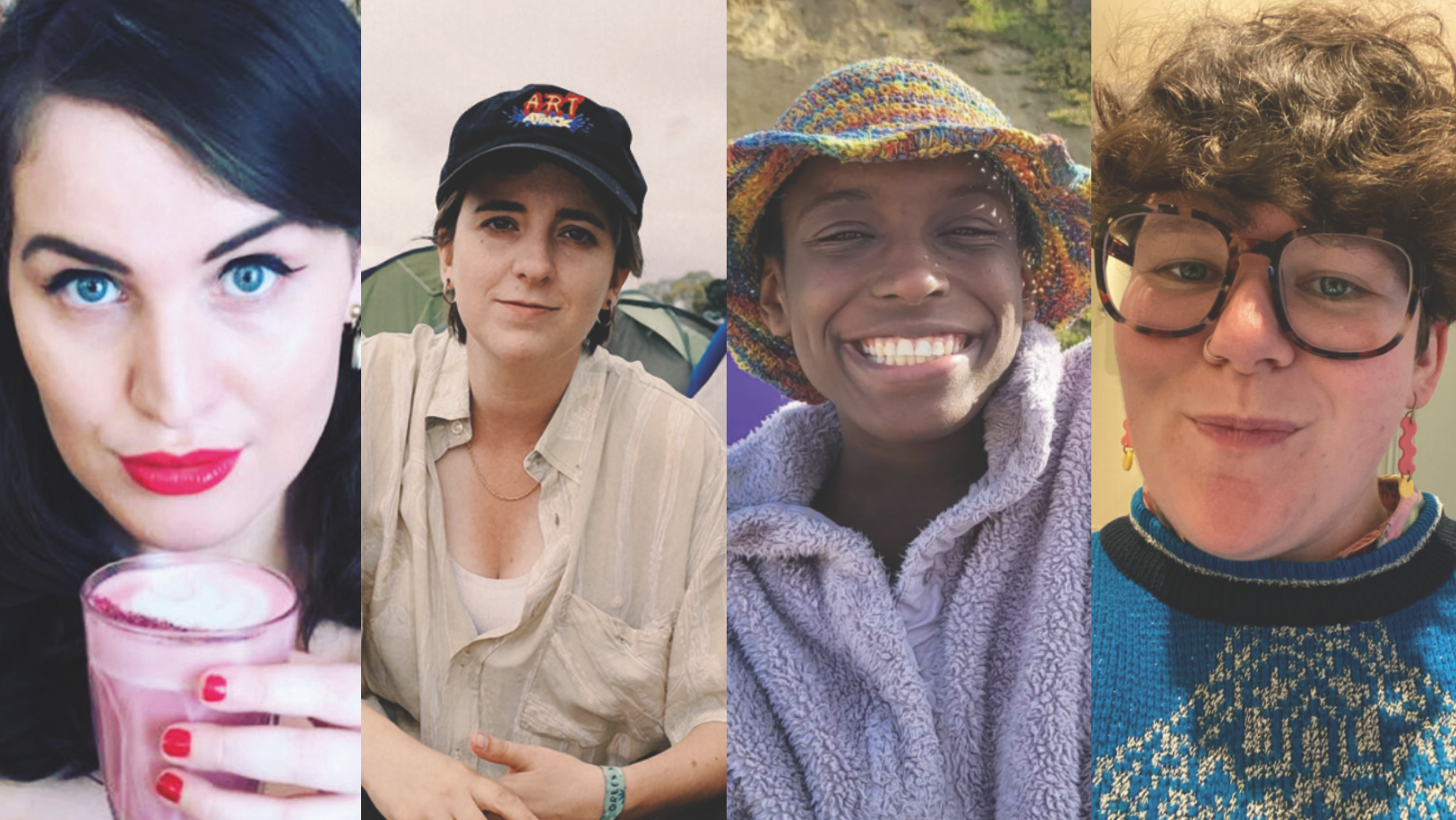
Roxy Bourdillon (she/her), DIVA editor-in-chief
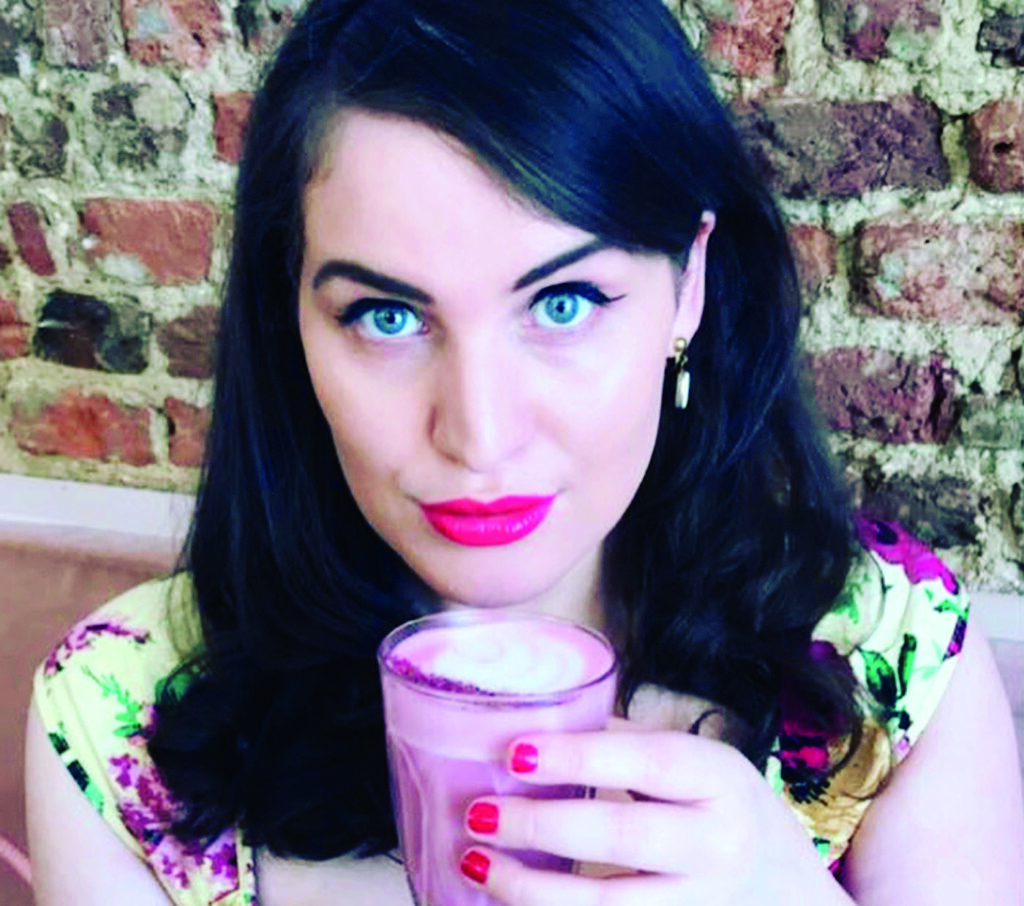
Suranne Jones striding around Halifax wearing a top hat in Gentleman Jack. Hayley Kiyoko (aka Lesbian Jesus) singing, “Girls like girls like boys do, nothing new”. Cate Blanchett winning pretty much every award in existence for playing a self-described “U-haul lesbian” in Tár. Yep, we have more sapphic representation than ever before. While I marvel at the progress we’ve made in pop culture, I can’t help thinking about how far we have to go in the real world.
As editor-in-chief of DIVA, I hear from lesbians of all backgrounds who feel anxious right now. They are alarmed by the transphobia, racism and ableism within our own community. They are concerned too about the discrimination that persists around the globe. A recent report by Human Rights Watch reveals the sheer scale of violence against queer women and non-binary people. In 2023, it is still not safe to be a lesbian.
LVW is a chance to celebrate how far we’ve come and centre some much-needed, inclusive lesbian joy. But it’s also an opportunity to shine a light on the serious issues we continue to face, and let lesbians of all kinds, all over the world, know that they are valid, beloved and not in this alone.
Izzie Jones (she/her), DIVA head of digital
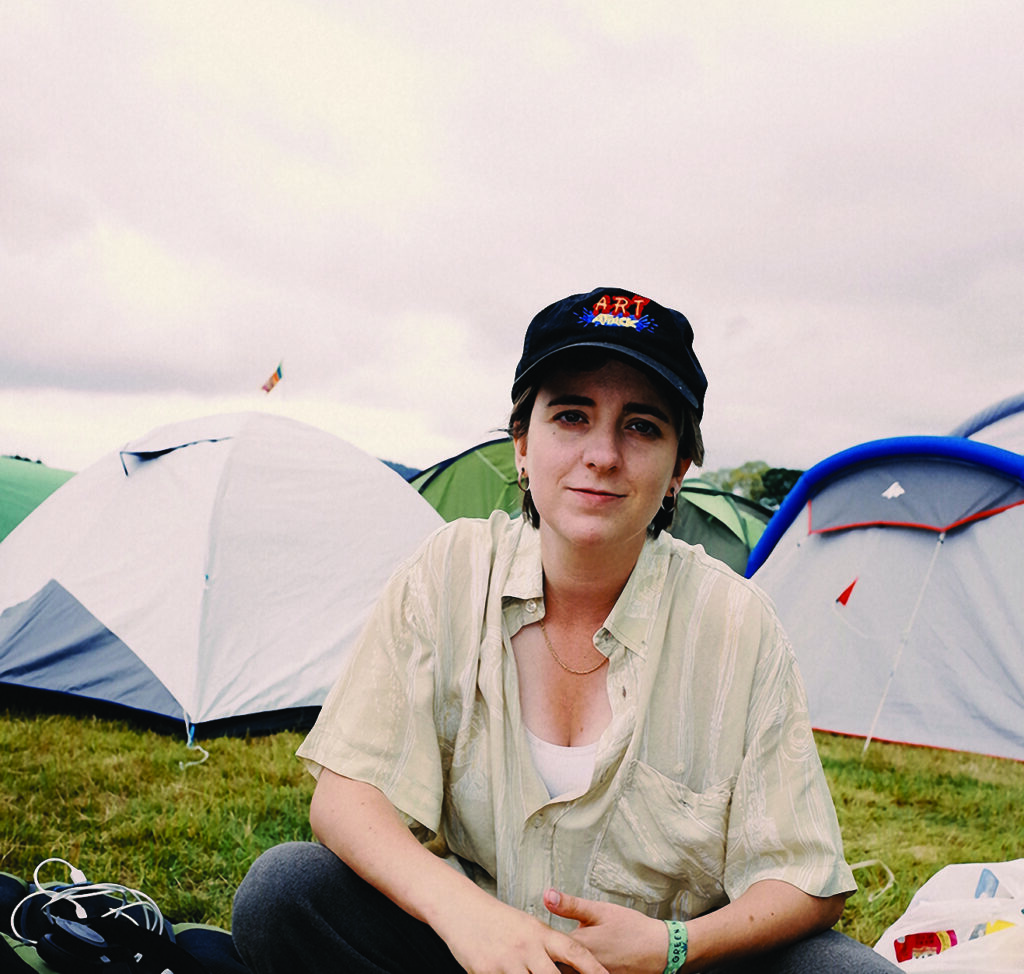
Lesbian Visibility Week matters because one of the saddest recurring thoughts I have is not knowing whether I’ll ever be totally uninhibited in referring to myself as a “lesbian”. I’m still haunted by that mortifying scene in Bend It Like Beckham where Keira Knightly’s character’s mum yells at Jess to get her “lesbian feet” out of her shoes (if you know, you know). I heard it often as a playground slur – implying creepiness. I adore words like dyke, gay, butch, queer (terms that have certainly not had an easy past) yet “lesbian” can still catch in my throat. And I know that this is a shared experience Jojo Siwa – the centre of all Gen-Z internet lesbian drama for the uninitiated – made a video calling the word “a lot”.
It is so easy to sanitise ourselves, and it’s a huge task to single-handedly reclaim the word. This is why initiatives like Lesbian Visibility Week hold so much importance. In truth, nothing beats a lesbian club, being with my friends, girlfriend and community. Holding space (a whole week of space!) to shout about all the women and non-binary lesbians in my life is cathartic. This year, I’ll be that bit louder.
Krysta McKenzie (he/they), DIVA editorial assistant
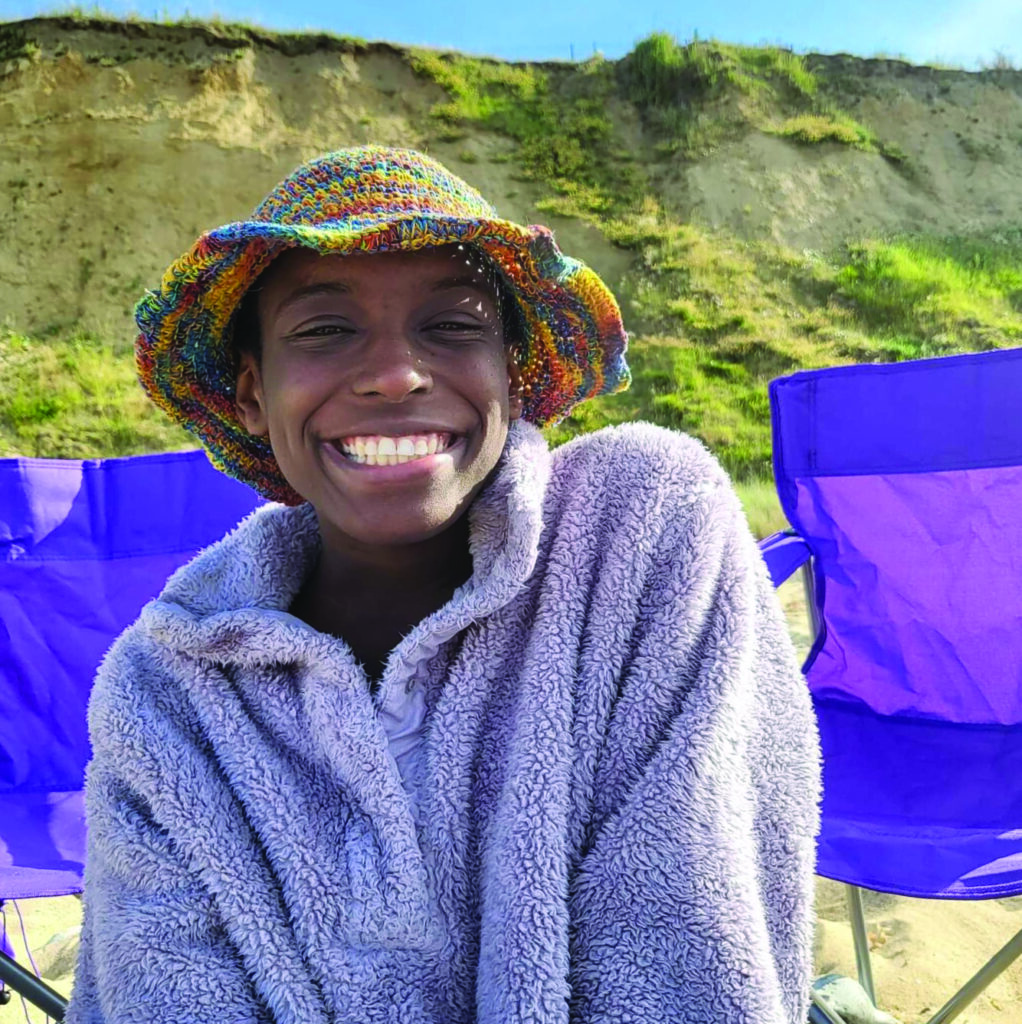
When I first realised that I was a lesbian, I was overcome with joy because I finally, finally understood who I was and why I felt so different from my peers. But fear quickly overtook my emotions. I was terrified that being a Jamaican lesbian might mean that I would be lonely and othered for the rest of my life. And why would I feel any differently? I didn’t know a single Black lesbian, much less a Jamaican lesbian – so I didn’t know it was possible for us to exist freely and happily.
Once I came to terms with my sexuality, I constantly heard the sentiment that being queer and being Jamaican were mutually exclusive. Although I now know that I am not alone, it took a long time for me to see others who were like me because many communities around the world (including mine) still erase the existence of lesbians. Lesbian Visibility Week is more important than ever, because as young Black lesbians come to terms with their identities, they need to know they are not alone in their communities. Hopefully then they can avoid the loneliness and fear, and accept the joy of knowing where they belong.
Georgia Dimdore-Miles (she/her), DIVA editorial assistant
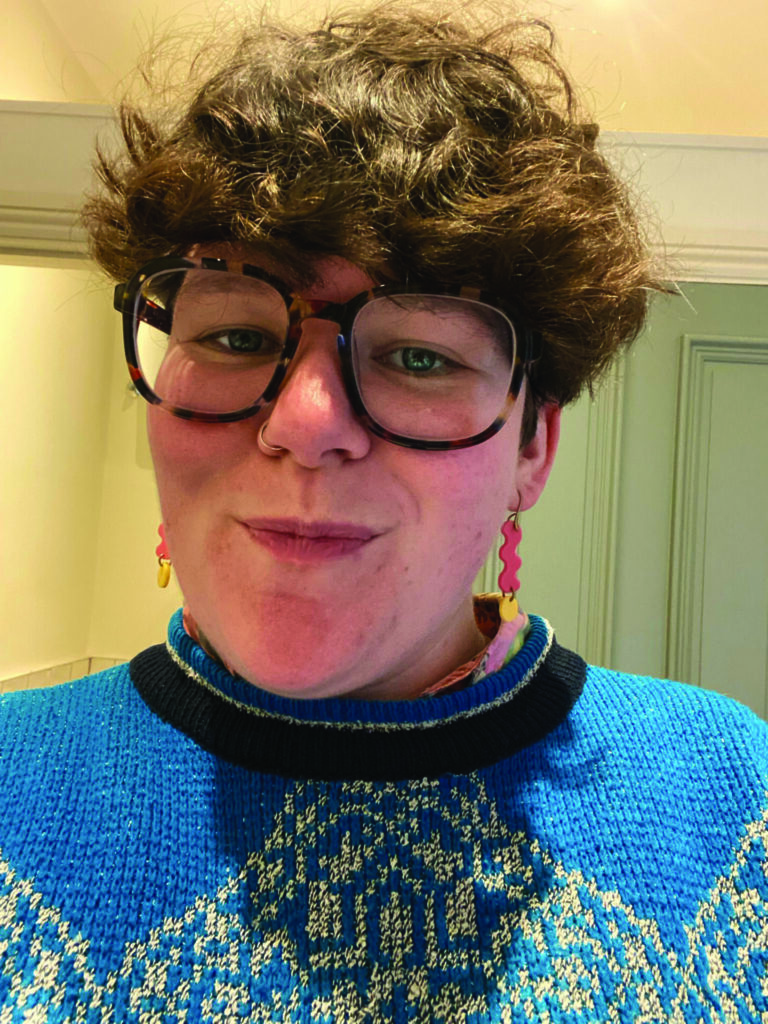
Recently I watched Georgia Oakley’s debut film, the critically-acclaimed Blue Jean, which deftly navigates Thatcherite Britain on the brink of Section 28. The personal is political and if there is any way of demonstrating this it is Rosy McEwen’s portrayal of a lesbian P.E. teacher trapped between worlds; not heteronormative enough to fit in with her colleagues, family and neighbours but not boldly queer enough to join the local, co-op dwelling, jobless dykes.
But what struck me about the film was how delighted I felt to be watching an entire feature about authentic lesbian sacrifices, sex, shame and very real histories that have impacted a generation today. It unapologetically centres our visibility, and struggle to be visible, and this felt rare. Lesbian Visibility Week is just as important as it ever has been in 2023, because the media, particularly in this case the film and TV industry, are still failing to represent us. Blue Jean signals a turning point. This LVW, let’s celebrate its success and call for much more like it.
